Let’s talk about the glittery lie.
You’re at a rave. The bass is shaking your bones. The lights are melting into each other. And someone leans in and whispers, “Wanna feel something real?”
Cue the pill, the tab, the line, the shot. The beat doesn’t stop. Neither does the body. You feel invincible. Limitless. Loved.
Until you don’t.
That’s the deceptive allure of party drugs: they promise a ;od time but often collect their payment in full later. So let’s get honest about the world of recreational drugs, not to scare you, but to give you the knowledge to stay alive, aware, and possibly even sober.
What Are Party Drugs, Really?
Party drugs, also known as club drugs or recreational drugs, refer to substances used primarily in social settings to enhance mood, sensation, and sociability. Think festivals, concerts, afterparties, underground scenes. They’re glamorized in music and movies. But that doesn’t make them safe.
Some of the most common include:
- MDMA drug (aka Molly or Ecstasy): Known for emotional openness and body euphoria
- Ketamine: Originally an anesthetic, now a dissociative party favorite
- Methamphetamine: Highly addictive and associated with dangerous binge cycles
- GHB and Rohypnol (Roofies): Often linked to blackouts and unfortunately, sexual assault
- LSD, magic mushrooms, and DMT: Psychedelics that alter perception
- Cocaine: The quick high, quick crash stimulant
- Opioids drugs like fentanyl-laced pills now entering party scenes, making things deadlier
If you're asking "what is ketamine used for" outside the club, the answer is legitimate medical procedures and experimental mental health treatments—not as a casual weekend escape.
From Vibe to Void: When Use Becomes Abuse
What starts as “just once” can become “just one more time” and soon spiral into daily use or dependency. Repeated use leads to types of drug abuse that affect memory, impulse control, mental health, and even heart or brain function.
Here's how it often plays out:
- Emotional crashes after use become unbearable
- You need more to feel anything at all
- You start hiding it from people who care
- You’re using alone, not just at parties
- You're experiencing methamphetamine-induced symptoms like paranoia, aggression, and hallucinations, even when sober
Why It’s So Hard to Stop
People don’t keep using because they’re weak. They use because these substances temporarily erase shame, trauma, loneliness. They feel like the solution. They’re not.
Many types of drug abuse stem from emotional voids, untreated mental illness, or social pressures. And when withdrawal kicks in, the body and brain scream for relief. That’s why simply saying "stop using" doesn’t work. You need support, strategy, and sometimes even medical detox.
What Is Harm Reduction?
Now let’s get to the ;od part. Harm reduction isn’t saying “; do drugs.” It’s saying “you deserve to be safe and alive, no matter where you are in your journey.”
It includes:
- Drug testing kits to check for fentanyl or laced substances
- Knowing your dosage and staying hydrated at festivals
- Having a trusted sober buddy around
- Seeking opioid overdose prevention tools like naloxone
- Getting mental health support even if you’re not ready to quit yet
This model isn't shameful. It educates. And it’s often the bridge that leads people from chaotic use to committed recovery.
Addiction Recovery: More Than Just Quitting
Recovery is not just white-knuckling it. It's therapy, nutrition, sleep, relationships, and rebuilding trust with yourself.
Whether you’re exploring rehab, outpatient support, or trauma-informed care, your healing matters. Many rehabs, including places like Samarpan—Asia’s leading center for integrated recovery—combine addiction science with therapies like CBT and DBT, tailored to party drug users specifically.
Because recreational drugs often intersect with emotional trauma, your care must be about more than removing substances. It’s about finding who you are without them.
Final Word
You’re not broken. You’re human. The highs made you feel something you thought was missing. But you’re allowed to outgrow the need to numb.
You don’t need a party to feel alive. You need peace. And you can have it.
FAQs
How to stop taking party drugs?
Start with honesty. Seek support. Detox in a safe environment. And get into a structured rehab or therapy program that understands your history.
How to handle a drug addict person?
With compassion, boundaries, and education. Don’t enable, but don’t shame either. Offer resources and be there without becoming their crutch.
What are the most common drugs at festivals?
MDMA, LSD, cocaine, ketamine, and sometimes opioids drugs like fentanyl-laced pills.
What is an anti-drug club?
An organization promoting drug-free lifestyles and awareness, especially in schools or universities.
How can Samarpan help?
At Samarpan Recovery Centre, Asia’s most trusted drug rehabilitation and mental health facility, we specialise in treating individuals impacted by party drugs, often referred to as club drugs or recreational drugs. These substances—ranging from MDMA, ketamine, and GHB, to roofies, methamphetamine, and various opioids drugs are commonly used in nightlife settings for temporary euphoria, but they come with serious long-term consequences. Whether it's understanding what ketamine is used for, managing methamphetamine-induced symptoms, or identifying the risks associated with various drugs types, our team offers nuanced and compassionate care.At Samarpan, we understand the broad types of drug abuse and how casual or social use can quietly evolve into psychological dependence. Our harm-reduction-informed approach focuses on both immediate stabilization and long-term transformation. Through intensive drug addiction therapy, trauma-informed care, and comprehensive psychoeducation, we help clients safely navigate substance withdrawal symptoms, process underlying issues, and build healthier coping mechanisms.Samarpan doesn't believe in shame or stigma—we meet our clients exactly where they are. Whether someone is struggling with addiction or seeking to reduce harm after repeated recreational use, we offer tailored treatment plans in a safe, non-judgmental environment. As one of Asia’s leading centers for addiction and mental health, Samarpan is where real recovery begins.



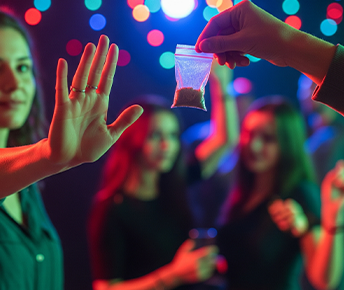












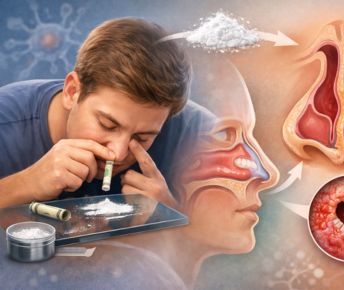
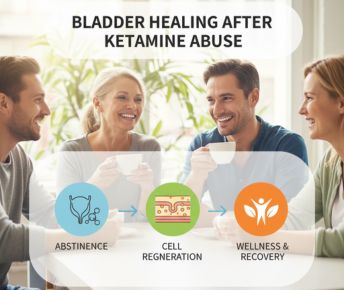

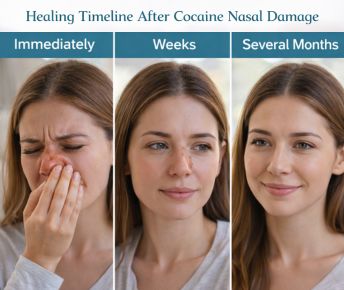
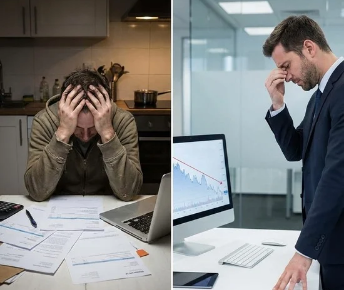

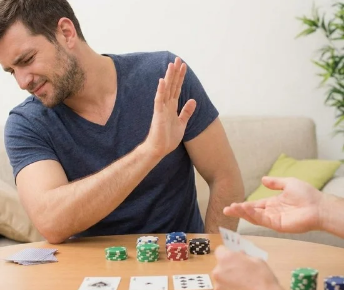
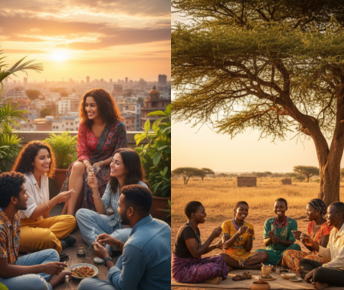
 Yes, many offer serene environments and solid therapeutic frameworks. However, quality varies, so it’s essential to research accreditation, staff credentials, and therapeutic depth.
Yes, many offer serene environments and solid therapeutic frameworks. However, quality varies, so it’s essential to research accreditation, staff credentials, and therapeutic depth.




